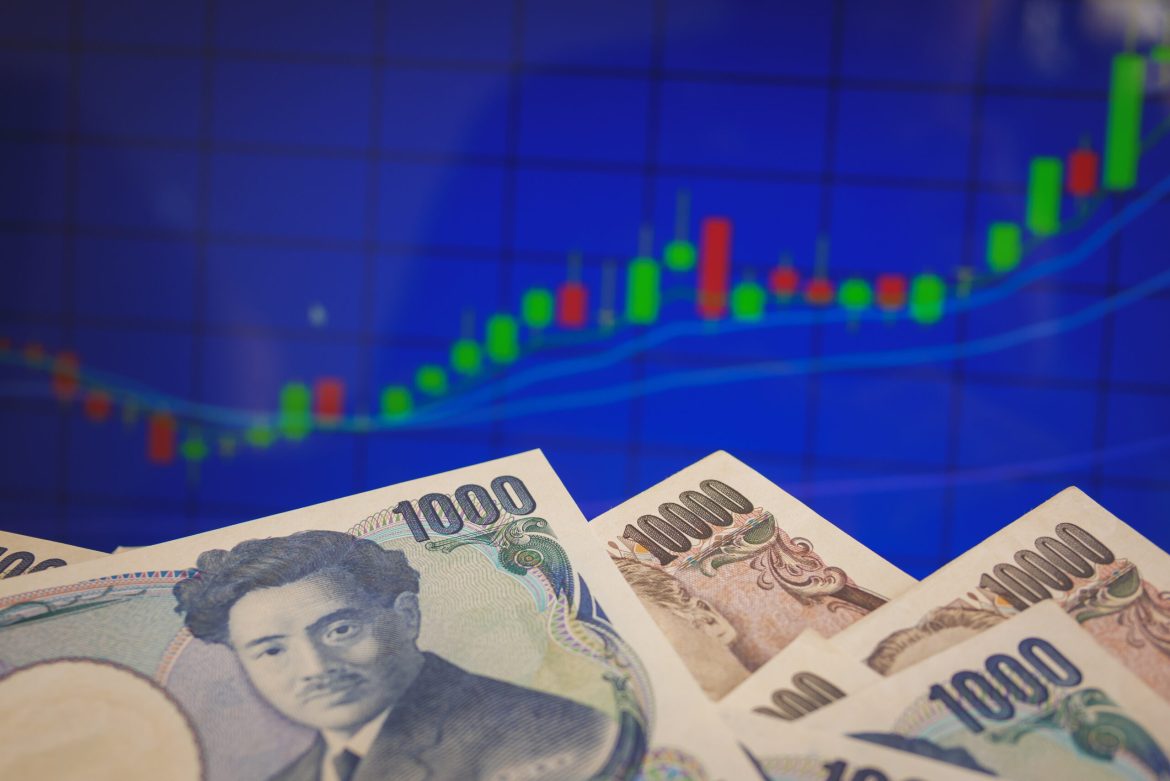Japan’s Nikkei 225 index tumbled by more than 4% on Monday, driven by a combination of underwhelming industrial production figures and the market’s reaction to the election of new Prime Minister Shigeru Ishiba.
The steep decline followed the release of mixed economic data, including a 2.8% increase in August retail sales, which slightly surpassed expectations.
Investors were also responding to the political shift, as Ishiba’s victory reshaped the outlook for Japan’s monetary policy, raising concerns about potential interest rate hikes and their impact on the yen and export-heavy sectors.
Nikkei drops 4% as retail sales rise and industrial output slumps
The Nikkei’s 4% drop occurred despite positive retail sales data, which grew by 2.8% in August compared to the same period last year, beating the expected rise of 2.3%.
The optimism was overshadowed by a sharper-than-expected decline in industrial production, which fell by 4.9% year on year in August.
This marks a notable deterioration from the 0.4% decline recorded in July.
The combination of these figures has left investors uncertain about the broader trajectory of Japan’s economy, with the prospect of increased interest rates under Ishiba’s leadership adding further volatility.
August retail sales rise 2.8%
Japan’s retail sales offered a glimmer of hope with a 2.8% year-on-year increase in August, surpassing estimates and continuing an upward trend from July’s 2.7% growth.
Nevertheless, the industrial production sector saw a sharp decline of 4.9%, significantly worse than the previous month’s 0.4% drop.
The mixed economic signals have made it difficult for investors to gauge the strength of Japan’s recovery, especially as industrial activity struggles to regain momentum.
Incoming PM Shigeru Ishiba raises interest rate hike concerns
The election of Shigeru Ishiba as Japan’s new prime minister has sparked concerns about potential changes to the country’s monetary policy.
Ishiba’s appointment, following a close contest with Economic Security Minister Sanae Takaichi, could see the Bank of Japan (BOJ) face fewer political obstacles in raising interest rates.
A stronger yen, typically resulting from higher rates, would put additional pressure on Japan’s export-heavy economy, making Japanese goods less competitive in global markets.
Weak yen, strong Chinese market pressure Japan’s economy
Adding to Japan’s challenges, the yen has experienced heightened volatility since Ishiba’s election victory, weakening against the dollar before strengthening after his win.
A strong yen poses challenges for Japan’s exporters, already under pressure from declining industrial production.
Meanwhile, China’s surging stock market—fuelled by stimulus measures—has further exacerbated the situation, putting Japan in an increasingly precarious position as it balances domestic economic challenges with external competition.
China’s stimulus lifts markets, pressures Japan’s Nikkei
While Japan’s Nikkei slumped, China’s CSI 300 saw gains of over 6%, buoyed by the country’s stimulus measures and a better-than-expected PMI reading.
China’s central bank has introduced several policies aimed at reviving its economy, including cutting interest rates and lowering reserve requirements for banks.
The resulting surge in Chinese markets has placed further strain on Japan, as investors shift their attention to the growth potential in China, creating an unfavourable comparison for the Japanese market.
The post How Shigeru Ishiba’s election win is affecting Japan’s stock market and export sector appeared first on Invezz

